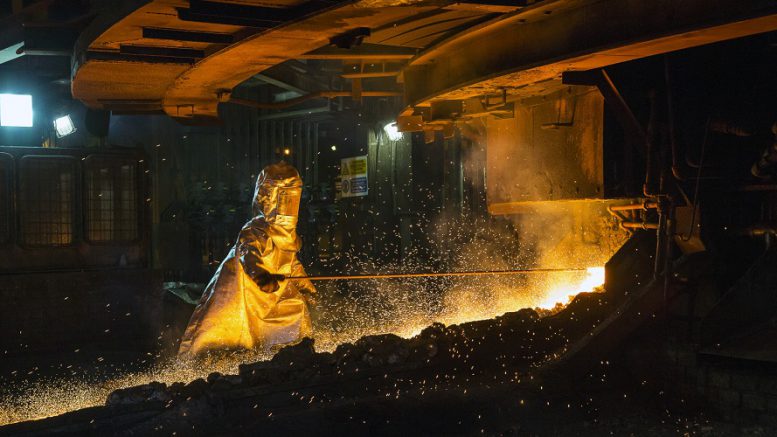While governments around the world are beginning to understand the strategic importance of critical minerals, miners may struggle in 2024 to position themselves to benefit as states battle for control of resources.
Rebecca Campbell, a partner at international law firm White & Case LLP, says an undue concentration of critical mineral markets, escalating geopolitical tensions over resource control, and shifting global supply chains, all pose heightened risks for miners.
“I think that the battlegrounds of 2024 and beyond will be things like nickel and the extraterritorial effect policies such as the U.S. Inflation Reduction Act (IRA) will potentially have on it,” she told The Northern Miner in an interview in November. “The industry is at a crossroads, where strategic decisions made by governments and corporations will have long-lasting effects on the global economy and security framework.”
These factors are reshaping the competitive dynamics and introducing new vulnerabilities in national security, particularly in the context of energy transition and decarbonization efforts. Based on Campbell’s advisory and transactional work in the past year, Campbell says those changes cause anxieties over counterparty risks as access to critical minerals has become synonymous with national security.
Investments are now being channelled in a manner that is heavily influenced by policy imperatives, with a keen focus on ensuring a stable supply for future economic and security needs.
“The Chinese have made some very clever investments in this part (critical minerals) of the sector, and then the U.S. is trying to catch up in many cases,” she said.
The IRA reshapes the competitive landscape by offering subsidies and tax credits, for example. Such policies create conditions to accelerate the formation of critical mineral supply chains in North America and Europe, as seen through the active discussions of free trade agreements and the push for greenfield development.
Jurisdictions are now competing for investment and partnerships through subsidies, tax incentives, and faster permitting processes, indicating a shift toward facilitating and expediting the mining of critical minerals.
Campbell points out that the prolonged U.S. permitting process is a deterrent to exploration investment in the country, comparing it unfavourably with jurisdictions like the Democratic Republic of Congo, where the development timeline from exploration to production is much shorter despite the operational challenges.
While the U.S. is proactive in stimulating the creation of new localized supply chains, Campbell says Europe focuses less on the military aspect and more on securing the commercial supply chain for critical minerals.
Campbell highlights that market concentration has become a systemic risk for national security and decarbonization efforts.
“The control that countries with geographically fixed mineral wealth have over the market cannot be understated,” she said.
Campbell sees the large concentration of that wealth as giving profound leverage to exporting countries like China. This situation demands a strategic response from the West, and Campbell says diversified supply chains can mitigate that leverage.
Meanwhile, countries with rich mining resources are increasingly looking to tighten their grip on these assets. Revising fiscal regimes and asserting more control, they aim to retain a larger share of the value of their natural resources.
According to Campbell, setting aside counter examples such as Panama and First Quantum Minerals (TSX: FM), this trend, once labelled as ‘resource nationalism,’ reflects a broader and more nuanced approach by host countries to ensure they reap fair benefits from mining activities within their borders.
Governments seek to capture more value domestically from lithium and other critical minerals, like nickel.
Meanwhile, the sector’s response to onshoring or “friend-shoring” supply chains has seen a focused drive to mitigate market concentration risks. As an example, Campbell cites the EU and U.S.’s efforts to diversify sources, with the U.S. said to be pursuing a U.S.-Indonesia free trade agreement spurred by the IRA to secure nickel offtake.
Indonesia is emerging as a significant nickel producer, spurred by substantial Chinese funding. Campbell says companies in Indonesia are already positioning to tap into the incentives the IRA offers once all aspects of their products meet the act’s strict supply chain criteria, thus demonstrating how the IRA already has extraterritorial consequences.
Yet, Campbell cautions about the unintended consequences, such as the possibility of creating new dependencies that could undermine the original intent of these policies. “It’s a common theme in discussions about friend-shoring supply chains that while these strategies aim to reduce reliance on potentially volatile foreign sources, they can also lead to new forms of dependence on alternative sources or technologies, which in turn could introduce fresh challenges to national security and economic stability,” Campbell said.


Be the first to comment on "National security-driven policy decisions to recast critical minerals space in 2024"